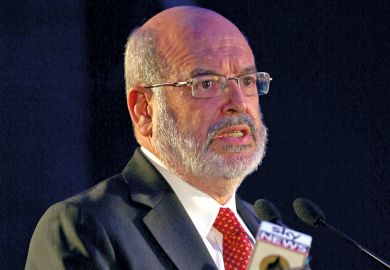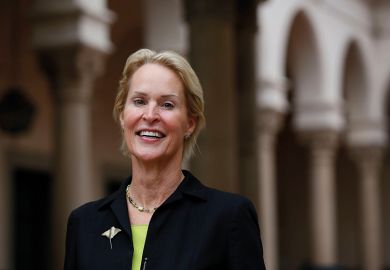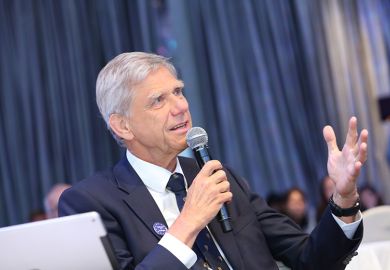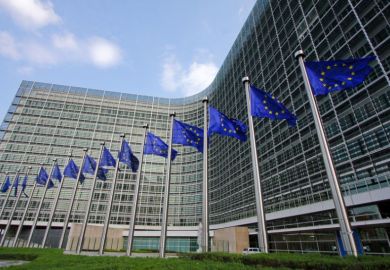Fewer than one in five people worldwide have a high level of trust in scientists, according to new research by the Wellcome Trust.
The world’s biggest survey into public attitudes to health and science – the Wellcome Global Monitor – includes polling of more than 140,000 people from more than 140 countries.
While 18 per cent of people have high trust in scientists, 54 per cent have a medium level of trust, 14 per cent have low trust and 13 per cent said they “don’t know”.
A third of people in Northern Europe, Central Asia and Australia and New Zealand have high trust, while it is about one in 10 in Central and South America.
Trust in science and scientists is seen as a key factor in improving health across the world.
“No matter how great your idea, how exciting your new treatment, how robust your science, it must be accepted by the people who stand to benefit from it,” said Jeremy Farrar, director of the Wellcome Trust.
The key factors identified as having an impact on people’s trust in scientists are their level of education and their trust in state institutions. Those educated to university level are much more likely to have trust in science.
“We were driven by the belief that people’s trust in and attitude towards science mattered,” said Dr Simon Chaplin, director of culture and society at Wellcome.
“Crucially, trust in science seems to correlate strongly with trust in government, the judiciary and the military and this should be a wake-up call to everyone who likes to think of science as somehow neutral and separate from the societies within which we live.”
More than half the world’s population (57 per cent) don’t think that they know much – if anything – about science, and almost one in five (19 per cent) believe that it does not benefit them personally.
In high-income countries, those who say that they are finding it “difficult to get by” financially are about three times as likely as people who say that they are “living comfortably” to be sceptical about whether science benefits society as a whole, or them personally.
Even when men and women report equal level of science education attainment, men are more likely to claim greater science knowledge, the survey found.
A total of 49 per cent of men said that they knew “some” or “a lot” about science, compared with 38 per cent of women.
This gender gap was biggest in Northern Europe (75 per cent men compared with 58 per cent women) despite it being a region of the world with “one of the highest levels of investment in scientific research”, said Dr Chaplin.
“We have to work harder to make sure that science education, the career structures of science and the research culture itself support gender equality and reflect the demographic make-up of the societies in which we operate,” he added.
“Exclusion and mistrust go hand in hand and they can have disastrous consequences for health.”
Register to continue
Why register?
- Registration is free and only takes a moment
- Once registered, you can read 3 articles a month
- Sign up for our newsletter
Subscribe
Or subscribe for unlimited access to:
- Unlimited access to news, views, insights & reviews
- Digital editions
- Digital access to THE’s university and college rankings analysis
Already registered or a current subscriber?








